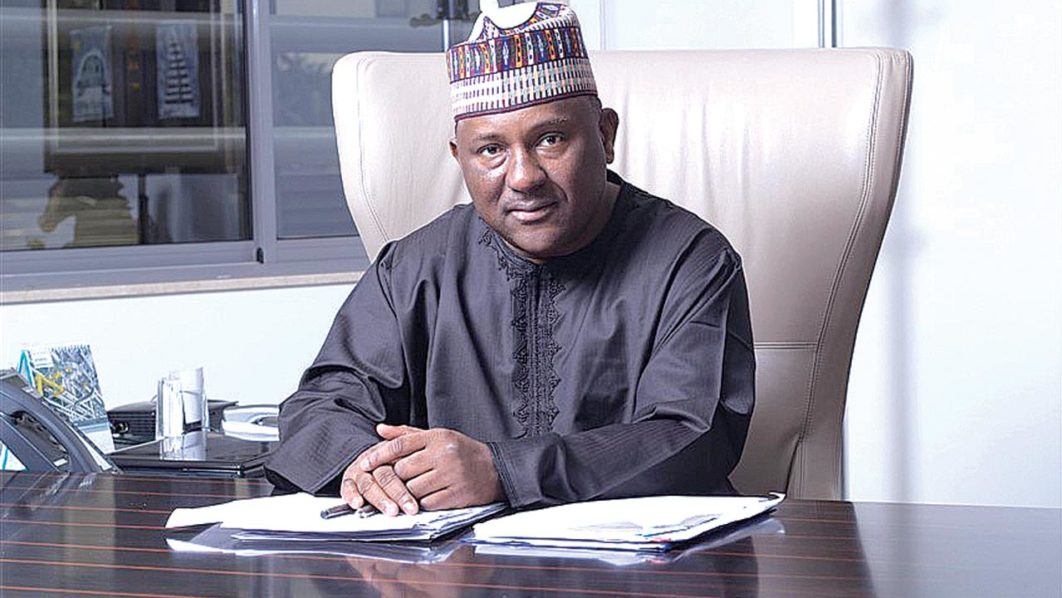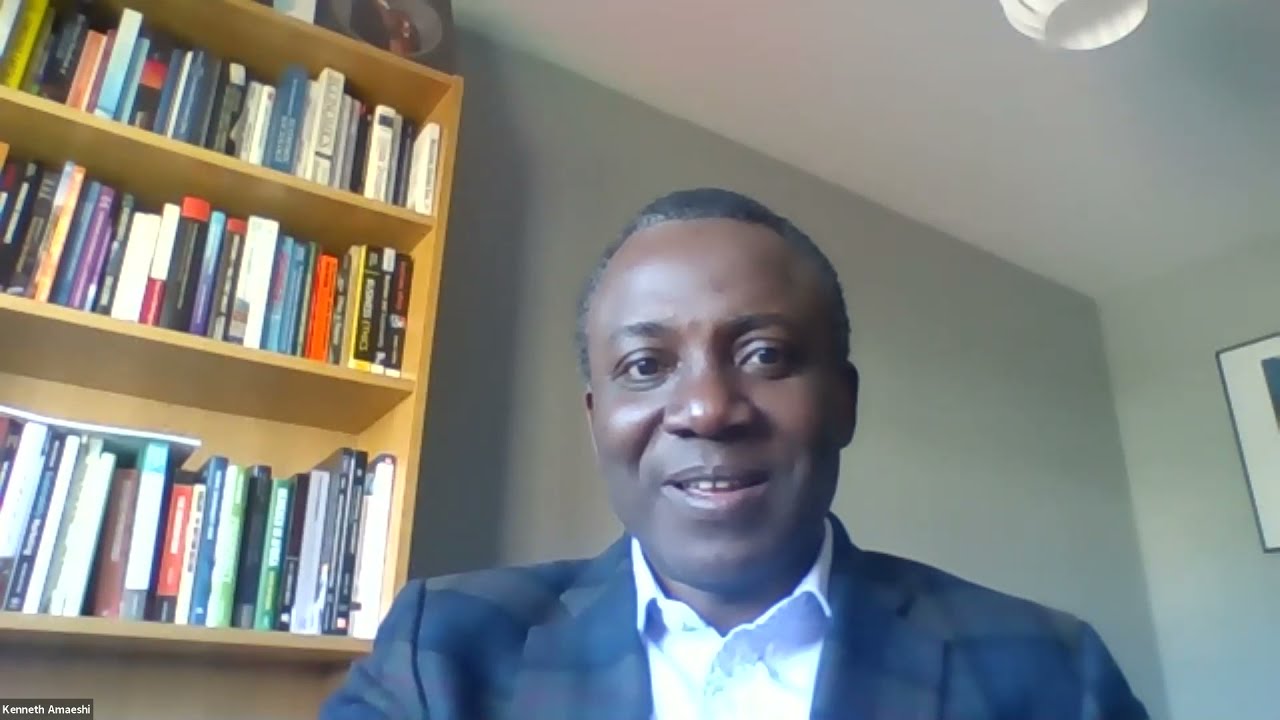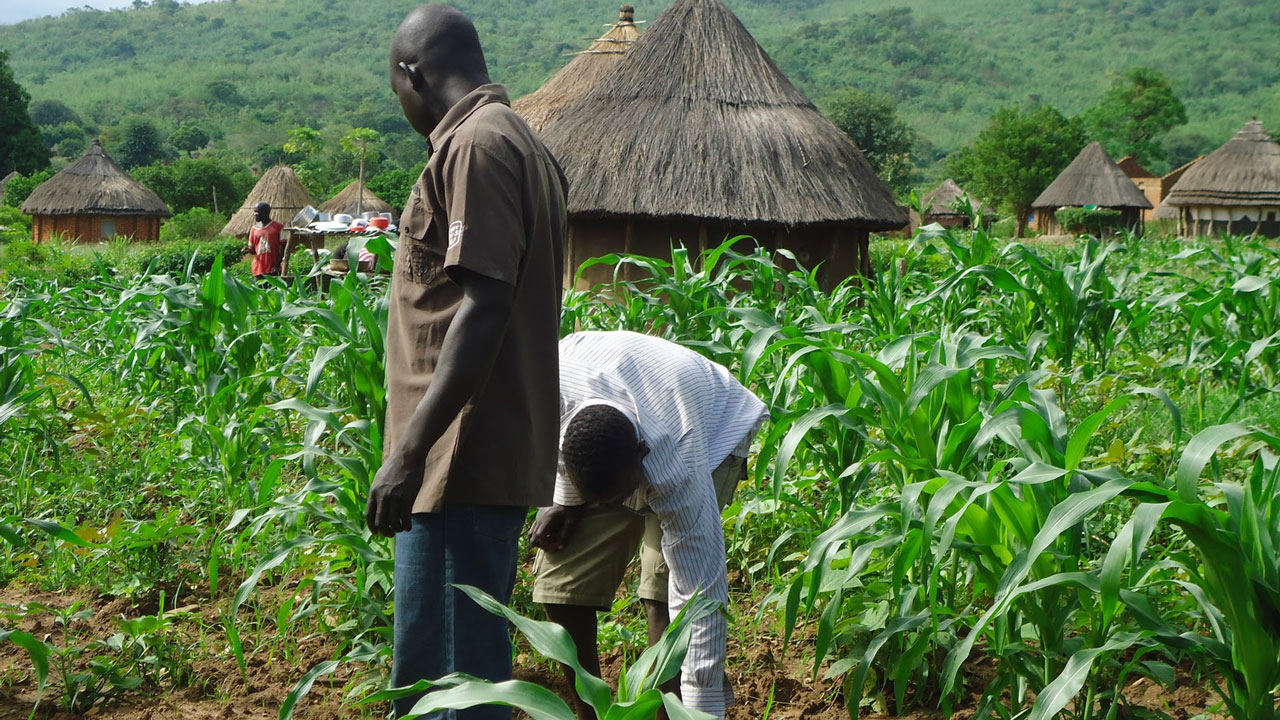
*To build mini-power project to crash prices
BUA group of companies has blamed cement dealers for frustrating its N3,500 per bag initiative. The Chairman of the board of directors of the company, Abdul Samad Rabiu, who stated this in Abuja yesterday at the yearly general meeting of the company, hinted that plans are underway by BUA to build a mini-power project to reduce its operational costs.
He said: “When we introduced the N3,500 per bag initiative, we did that to make access to cement easy and allow more Nigerians to be able to buy the commodity. But we then realised that the price was around N8,000 in the market. It was then clear to us that we were subsidising the dealers. They bought at reduced prices but refused to sell at the recommended price. Again, Nigerians were buying it at more than N3,500. So, we aimed to reduce the price and we did that but Nigerians did not feel the impact because the dealers sold at higher prices.”
Rabiu, who disclosed that the BUA group is still exploring ways of reducing the price of cement, said part of the plan is the building of a mini LPG-fired power project, which would be completed next year and help reduce the operational costs of the company.
“We are currently building a mini-power plant. We are doing this because energy costs are too high and that contributes largely to the high cost of cement in Nigeria. When the project is completed, the energy cost element will reduce and that will reflect in the price of the commodity,” he explained.
The BUA chief noted that even at N6,500 per bag, Nigeria still has the lowest price within the West African sub-region. His argument: “At N6,500 per bag, that is about N130,000 per tonne, which is 20 bags. That sum to about $80. There is no country where a tonne of cement costs $80. So, one can say that Nigerians buy the cheapest cement.”
The Managing Director and Chief Executive Officer of BUA Group, Yusuf Binji, identified the CBN’s currency redesign policy, the elections, and foreign exchange volatility, as the major challenges that confronted the company in 2023.
He added: “Like every manufacturing business, some of our manufacturing inputs are dollar-dominated, and with the devaluation and continued depreciation of the naira, we recorded rising energy and other raw materials costs. In addition, the depreciation of the naira led to the revaluation of existing liabilities on the balance sheet, which resulted in an exchange loss of N70 billion. Still, we were able to manage this negative shock, declare a profit and most importantly, preserve our shareholders’ fund.”
On insinuations that cement companies are fleecing consumers and not doing enough to reduce prices, the BUA CEO explained: “I think it is a bit unfair to say cement companies or let me be specific to say, BUA Cement is not doing enough to reduce prices. Last year, amid the devaluation of the currency and its effect on production costs, we reduced our ex-factory price to N3,500 per bag, with the hope of alleviating some of the price pressures faced by users of cement. However, this did not have the intended effect because of the activities of the middlemen, who maintained the end-user price of cement at the existing levels.”
Binji disclosed that the long-term debt borrowing of the company rose to N295 billion in 2023 following a loan it drew down on with the International Finance Corporation (IFC).
“The loan is to finance the expansion projects at the Sokoto Plant, which include: the new cement plants, the installation of an additional power plant, the expansion of our quarry sites, the addition of new distribution trucks, the installation of infrastructure and the purchase of heels of a equipment,” he stated.






